With the release of its third season, Narcos: Mexico has finally come to an end. The Netflix drama explored the lives of notorious drug lords such as Miguel Ángel Félix Gallardo, Amado Carillo Fuentes and Joaquin "El Chapo" Guzman. But did most of the events depicted happen in real life the way they did in the series?
Most of the developments on the show are historically accurate. However, plenty of creative liberties were taken, with the disclaimer at the start of each episode confirming this. The fictional parts definitely helped make the show a more entertaining offering, but which were the most notable ones?
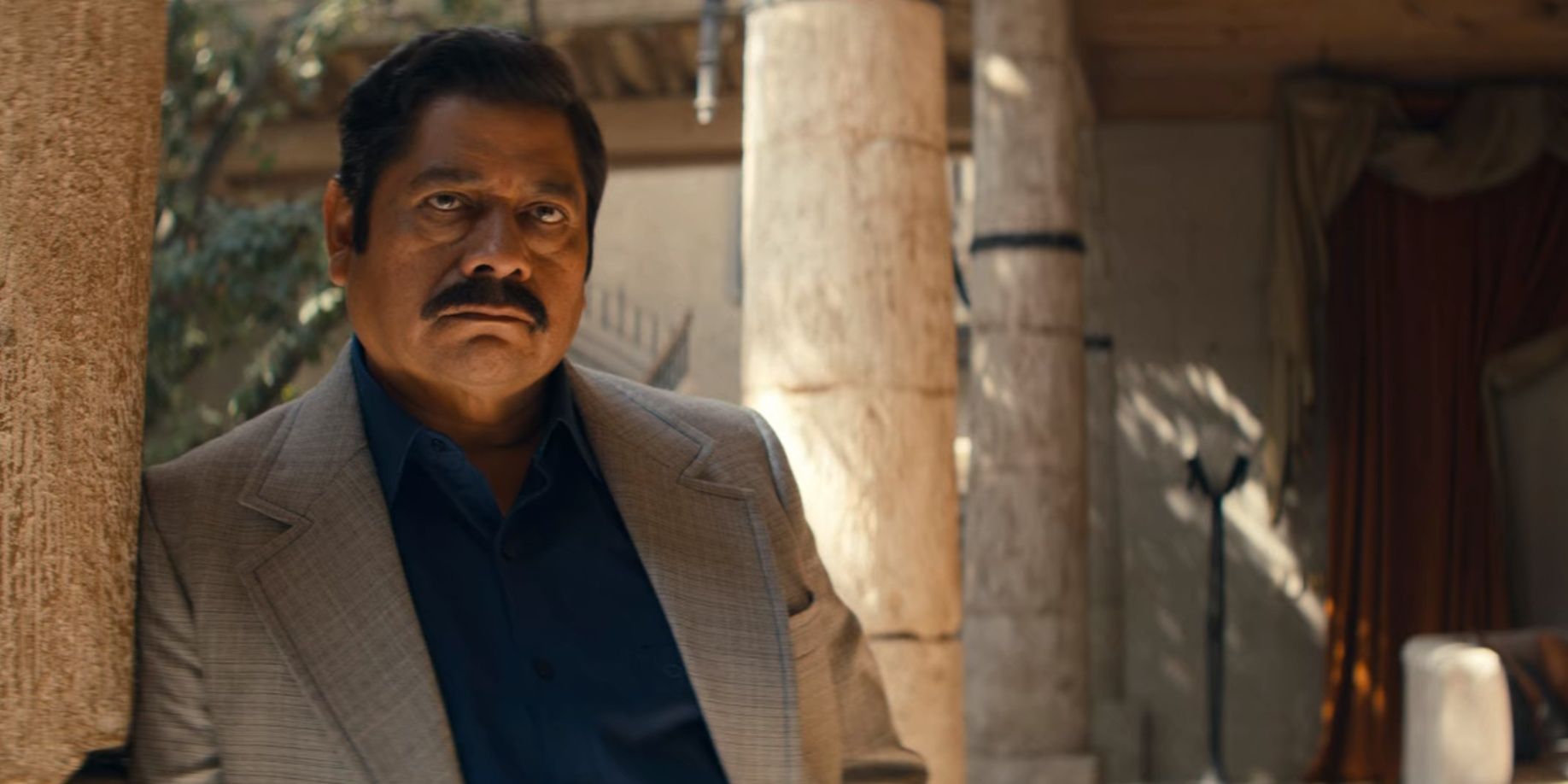
After Félix's Plaza System collapsed in 1989, former DFS Director-General, El Azul teamed up with El Chapo to form the Sinaloa Cartel. This is inaccurate. According to Insight Crime, Azul got arrested then joined the Juarez Cartel first before transposing to the Sinaloa Cartel right after Amado Carillo Fuentes' death.
Since the Sinaloa Cartel is currently one of the biggest drug factions in the world, it was important for it to be given a strong foundation on Narcos: Mexico. There was no better way to do that than by using the cartel-hopper, Azul, who had already been instrumental in the formation of the Guadalajara Cartel. El Chapo was still a minor character by the time Félix's downfall happened so it was necessary for the anchor of the Sinaloa Cartel to be someone who was already one of the most powerful characters in Narcos.
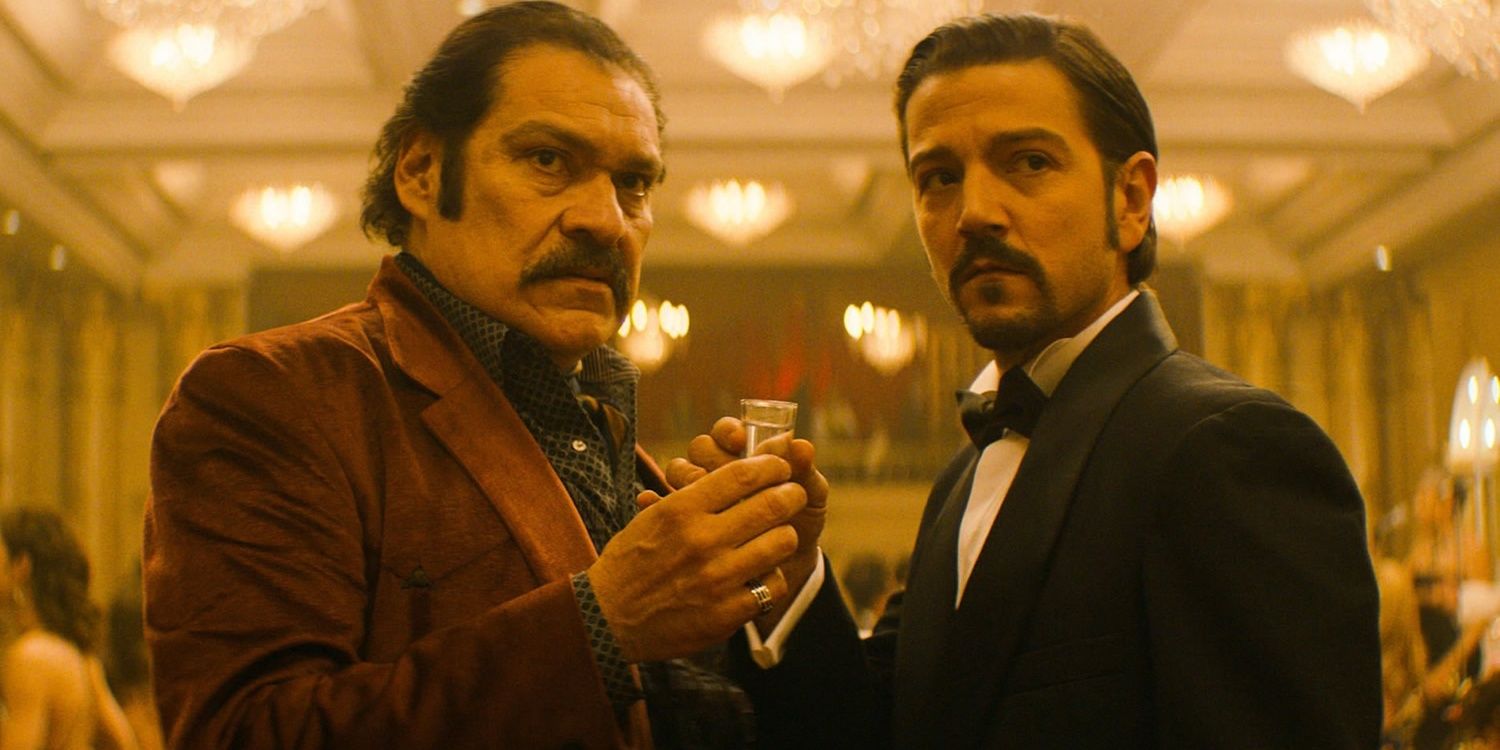
Everything fell apart when Félix was arrested in Season 2. In real-life, he split his organization into smaller parts and controlled them while in prison. According to the Los Angeles Times, the drug lord had the entire penitentiary under his control, with guards working for him and helping him to steer the activities on the outside.
Félix was never going to get out of prison and keeping him as the main character who continued to pull strings could have stunted the growth of other key characters such as Amado Carillo Fuentes and El Chapo. In the narco-trafficking world, a jail sentence also means "defeat" therefore, even though Félix was still alive, it felt right to close his chapter after his arrest.
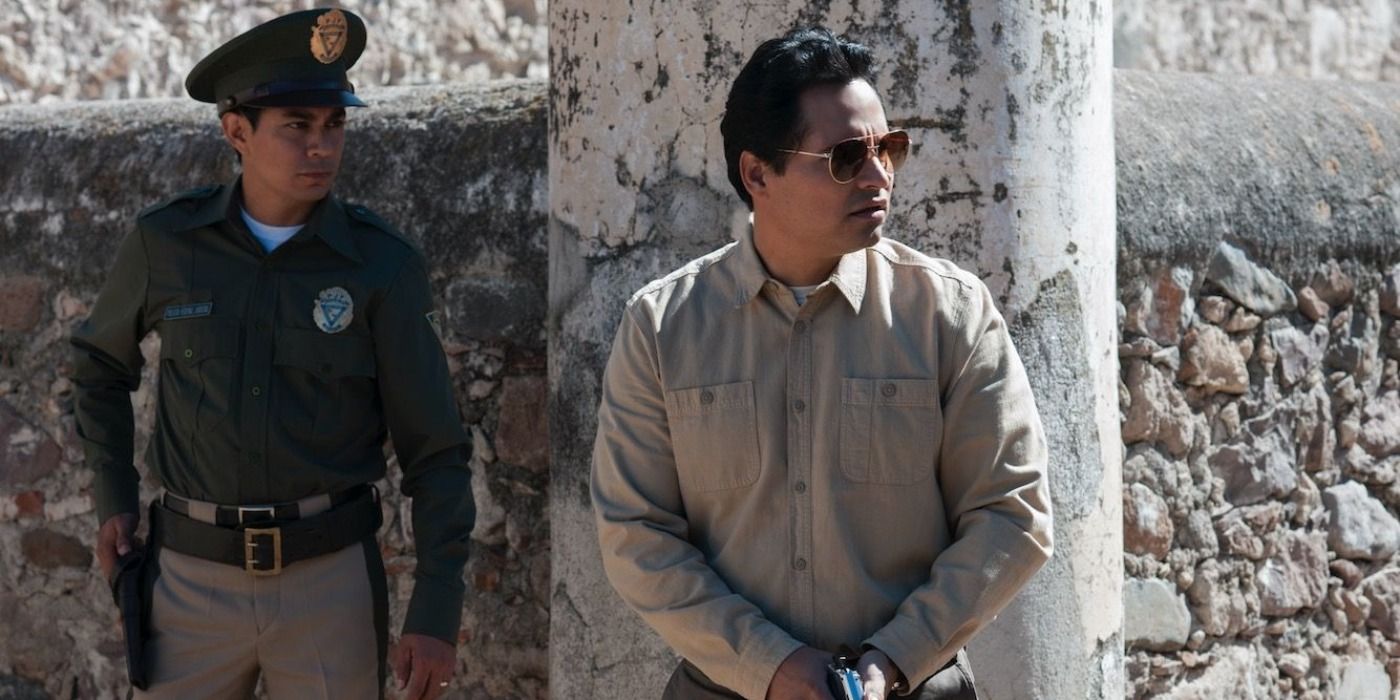
The storyline of the Netflix drama shows Kiki being transferred to the DEA's Guadalajara office in 1980 after he fails to land a spot in his preferred destination of Miami. As per the DEA's website, Kiki moved to the Guadalajara office in July 1981.
Félix had already started forming his drug outfit in 1980 and since Kiki was meant to be his archenemy on the drug drama, he had to be inserted in the Mexico arena much earlier. It was Kiki that specifically discovered the Guadalajara cartel's "Superfarm" and in order to prevent events from dragging on too long, there was no choice but for his arrival to be pushed forward.
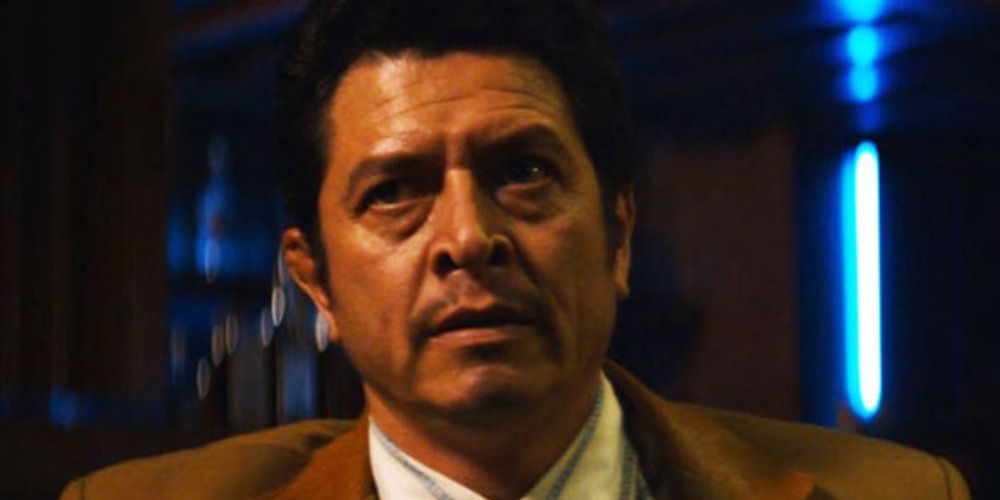
Pedro Avilés, also known as "The Lion of Sinaloa," was one of the first marijuana traffickers in Mexico. On-screen, he was shot and killed by Félix, but that's not how events played out in history. Gorilla Convict states that he died during an intense shootout with Mexican federales.
In order to be properly considered the "big dog," Félix needed to make a big statement and there was no better way for the showrunners to make him do that than by making him take out his boss. It's a move that quickly made the future "boss of bosses" one of the most dangerous characters in Narcos. After all, toppling the boss in order to assume power has always been a recurring trope in gangster movies and TV shows.

The game-changing move that Félix makes in Narcos: Mexico is approaching the top brass of Colombia's Cali Cartel with a proposal to move their product through his established marijuana border routes into the United States. However, an NDSN report states that Alberto Sicilia Falcon was already moving the Cali Cartel's cocaine through Mexico before Félix got into the game.
It's yet another development meant to portray the former Gudlalajara boss as mightier than his peers in order to make him a more compelling protagonist. By implying that he was the first to do a distribution deal with the Cali Cartel, Félix is painted as a different breed of a pioneer who opted to rely on his brains in a world full of brutes.

In the show, it's stated that Fuentes is a certified pilot, which is inaccurate according to Crime Museum. He wasn't the first to move cocaine through planes either, as that honor belonged to Pedro Avilés.
Without these specific achievements and accomplishments, Fuentes no longer comes off as a legit "Lord of The Skies" anymore. Considering that he isn't as legendary as the likes of Escobar and Felix, building him up as a compelling character could have been difficult if there was nothing that's unique to him.
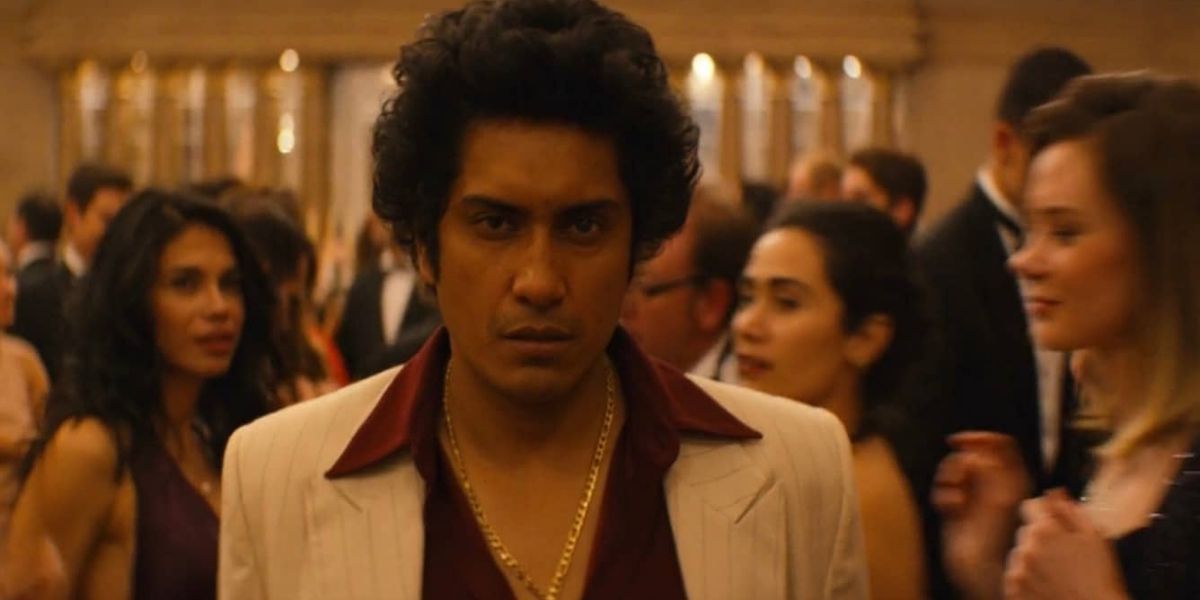
In what could be considered one of the most brutal murders in Narcos, A paranoia-filled Rafa and his men killed two American tourists at a restaurant after mistaking them for DEA agents. As per the Los Angeles Times, these tourists were interrogated first. One of them took out several of Rafa's men before being murdered. And their bodies weren't discovered until six months later.
The development here feels like an attempt by the showrunners to condense the plot by summarizing minor bits of history. The tourists didn't affect Rafa's fate in a major way, so it would have slowed the pacing of the story to focus on them. The complex Kiki storyline had to stand front and center.
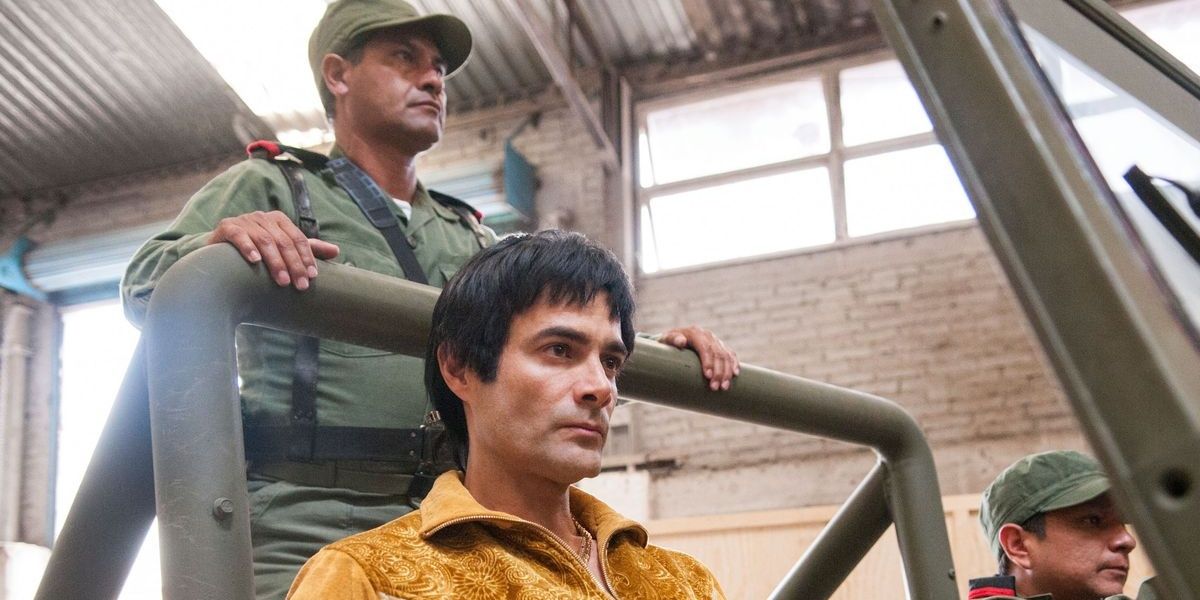
One of Félix's biggest foes, Alberto Sicilia Falcon, got murdered by the DFS right after a meeting with Isabelle. It soon emerged that Félix ordered the hit, but that's not what actually happened. Historica states that Falcon was arrested and released in 1999 at the age of 75.
Judging from previous seasons, executions tend to be more dramatic than arrests. Watching Falcon get whisked away from authorities would hardly have been as intense as having Félix order a hit on him. The moment underscored the fact that Félix always got the better of his opponents, thanks to his superior brainpower.
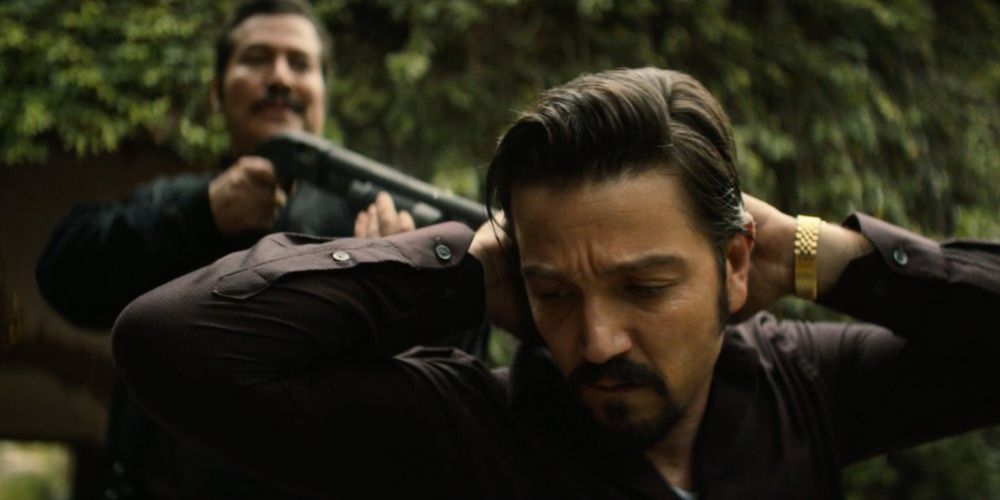
In one of the best moments of the show, Félix got cornered by law enforcement officers after Kiki's death but made a deal with the government. This was all fictional. Instead, he escaped after Kiki's death and only resurfaced in 1989, according to The Hollywood Reporter.
It was possible for Félix's years on the run to be covered since such was the case with Escobar. However, Escobar was on the run for a much shorter period of under two years, and during that time, there weren't many other players in Colombia who needed attention. In Félix's case, his long time as a fugitive would definitely be much more difficult to cover and if it had been explored anyway, there would have been little time for other stories.
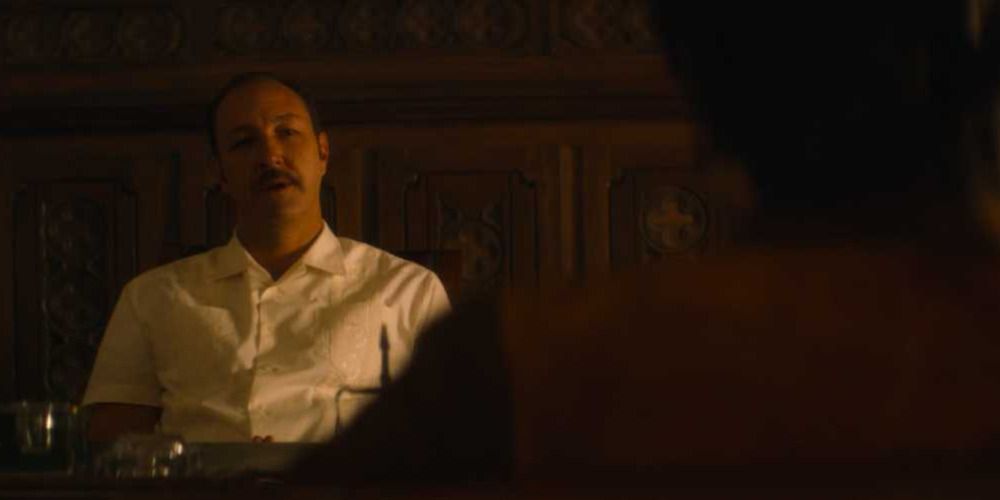
On the show, Sinaloa governor Leopoldo Sánchez Celis employed Félix as his bodyguard. Félix then used the connections he got while working for the governor to create the Guadalajara cartel. In reality, Celis served as governor from 1963 to 1968, which was way before Félix formed the Guadalajara cartel.
Keeping Celis in power during Félix's reign wasn't a bad move either as it helped explore the theme of betrayal. In the same manner that Celis built Félix, he tried to take him down by betraying him to the government. Unfortunately for Celis, he failed to factor in the fact that Félix is always several moves ahead.
from ScreenRant - Feed https://ift.tt/3DbnCJj



0 Comments